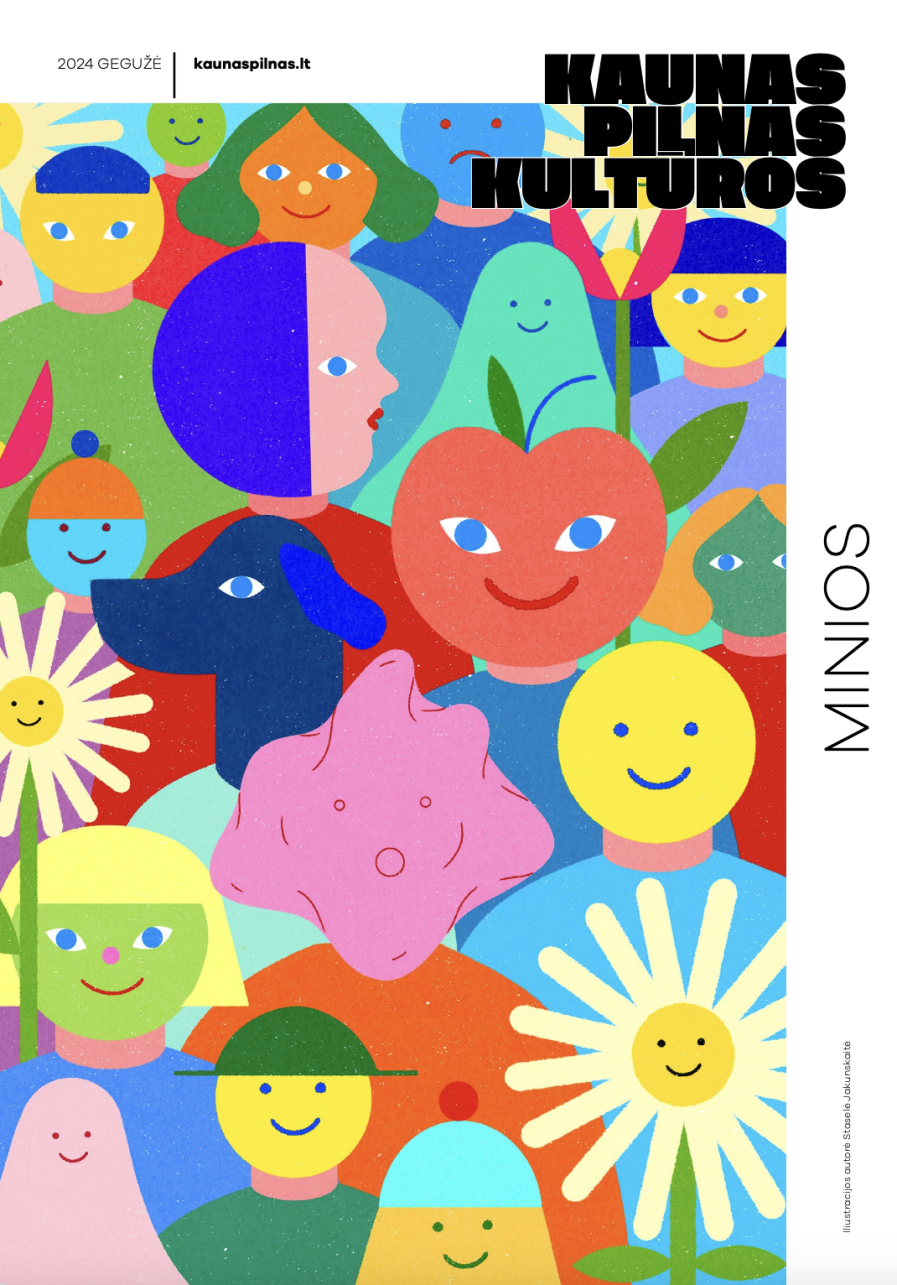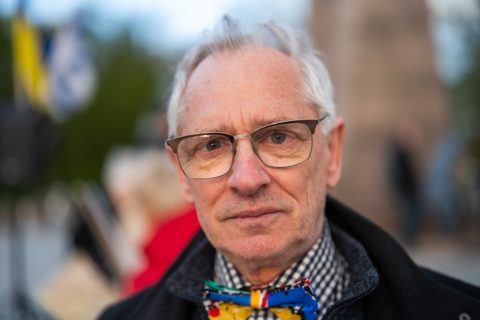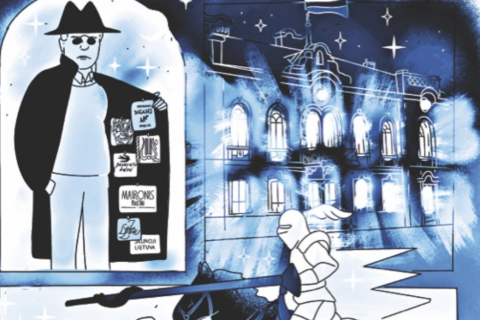May is the month of an overcrowded calendar. Of course, such problems are nothing but pleasant. We have been wondering at the office since mid-April, how to make it to the literary and Japanese culture festivals that are taking place at the same time, we are putting together the smartest routes for the Museum Night and guessing at which Kaunas birthday point we will meet late at night. Apparently, the event organizers are really inspired by the birth of the city in the arms of the Nemunas and the Neris, despite it not being strictly maintained by historians.
As paradoxical as it may sound, mass gatherings are not to everyone’s taste. For some, the big festivities are quite enough to satisfy the cultural appetite: you let your hair down several times a year and then spend the rest of the time sitting quietly at home. Others taste in small bites; they explore the city and the phenomena born here, if not every day, then every week.

There is no single truth here, only the insight that the greatest adventure is always hidden where you least expect it. So, if you have never participated in Kaunas birthday dance, this year is a good opportunity to make your debut. And vice versa, if you only associate the month of May with knights’ fights near Kaunas Castle, this time we suggest you stop by V. Putvinskio Street, which celebrates community away from the epicenter of events. You don’t have to sacrifice one for the other – the city is compact, and you can make it everywhere even on foot.
And in May, we explore what it means to be in the crowd, but not disappear in it. To experience the most exciting things and not and not settle for the average ones. How, in whose heads and offices, or perhaps after closing their doors, are big city events born? How long do people ruminate on a really good idea? Are there magical ways to come up with it? How to find a balance between what is really right and what the social environment is trying to impose? Be it barefoot hippies on Laisvės Avenue or protests on Cathedral Square, basketball games or global stars, the department of culture or Kultūra cafe, small readings, or huge crowds – everything is culture.




